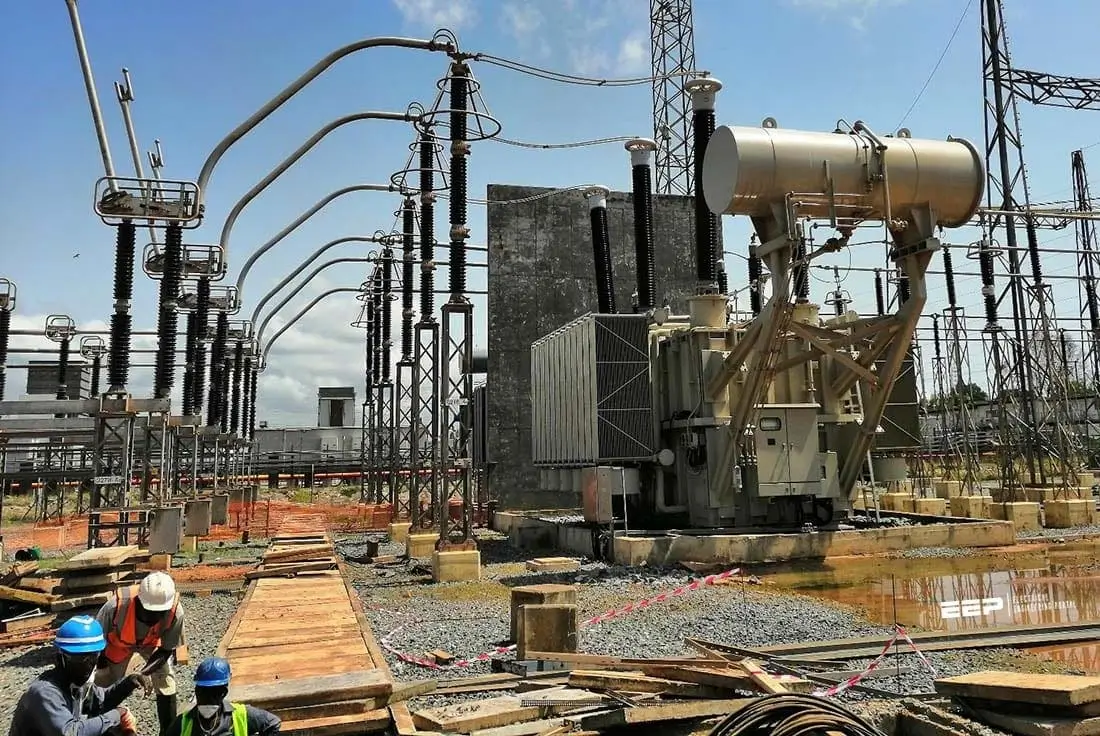Electrical Substation Safety Tips and Regulations
Electrical substation safety involves controlling access, using PPE, following lockout/tagout (LOTO) procedures, and maintaining proper grounding to prevent electrocution and arc flash incidents. Regular inspections, clear signage, and employee training ensure compliance with safety standards, reducing risks of electrical hazards, equipment failure, and unauthorized entry. Electrical substations are crucial in power distribution, transforming high-voltage electricity … Read more









